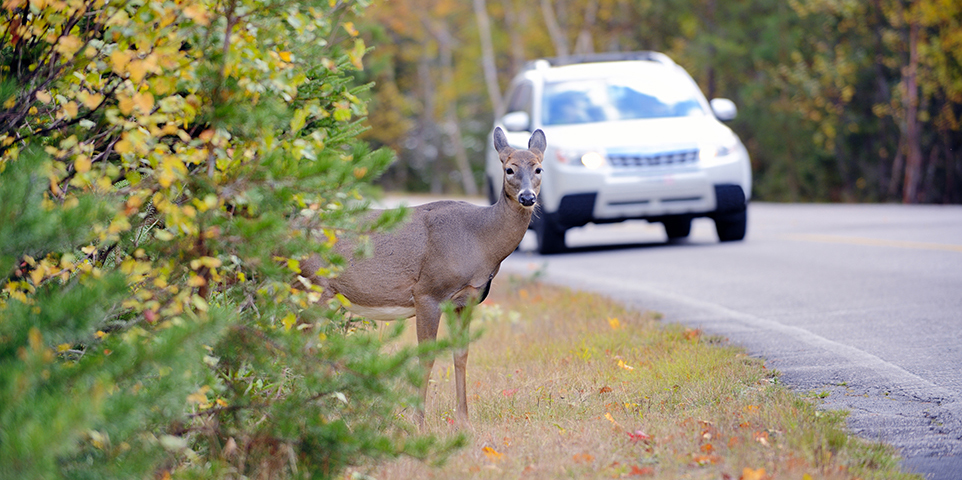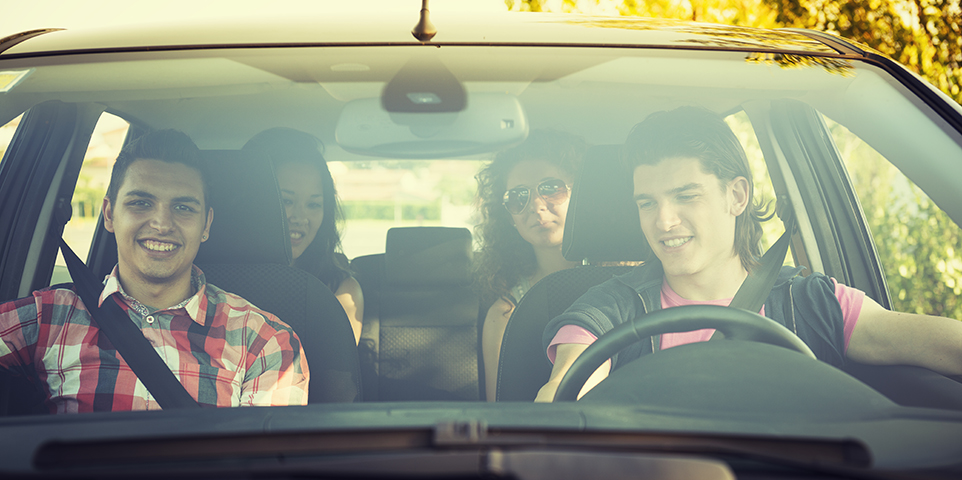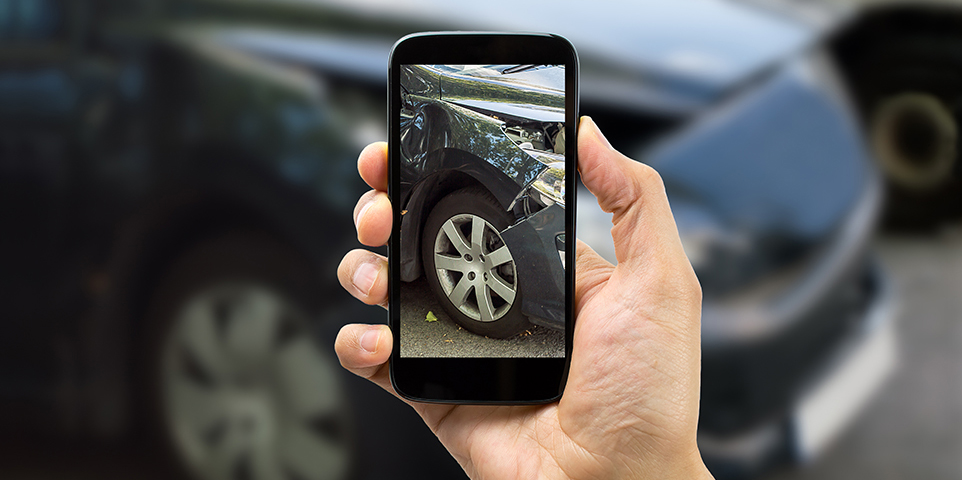No one wants to get into a car crash. But being prepared and knowing what to do if you are involved in an accident can save lives, reduce injuries and make the claims process simpler and easier.
So you'll be prepared at the scene:
- Keep critical, relevant documents in your car, such as registration, proof of auto insurance, your leasing agent's name. It's also a good idea to carry important medical information (allergies, doctors names) for you and your family members.
- Ensure that your car is emergency ready. Flares, orange cones, emergency signage can help keep your loved ones and your vehicle from more harm after an accident. And, while we rely on technology, there's a chance it might fail when you need to record a phone number or license plate details—keep a pad and pen in your car.
- Make sure to have the right amount of auto coverage to fit your needs. While an insurance policy is not a substitute for health and safety, knowing you'll be covered in the case of an accident can reduce the stress.
In the event of an accident, immediately:
- Take care. Pull the vehicle to the side of the road, if possible. If the accident was triggered by road rage, take extra cautions when engaging with the other driver. If you are bumped from behind and think you might be the intended victim of a carjacking, make sure to pull off in a safe place.
- Assess possible injuries. Tend to people first—make sure everyone is okay. Call 911 if anyone is injured.
- Assess damage to the car. Once you're assured everyone is okay, review the extent of the damage to the vehicle. If possible, take pictures.
- Don’t leave the scene of the accident. If you run into an unattended vehicle, try to find the owner. If you can’t, leave a note with your name, address and phone number. Record the details of the accident, including the make and model of the car and the address where the accident occurred.
- Collect as much information as possible. Get the names of and contact information for everyone involved in the crash, including witnesses. Ask the other driver or drivers (if you are involved in a multi-car accident) for a license, car registration and insurance ID card, and get the makes and models of the cars involved. Note of the location of the accident, time of day and the weather conditions. Smartphones are a great way to record driver and car documentation (as well as accident details).
- Alert the police or highway patrol. If you are involved in a serious accident, let law enforcement know, especially if anyone is hurt. If necessary, the police will notify the nearest medical unit. Get the names and badge numbers of the officers on the scene and ask where you can get a copy of their accident report.
- File an accident report, even if the police can't come to the scene. Head to the nearest police department (or their website) to file an incident report. Having an official report can help in case the other driver decides to sue for damages or medical injuries, or there is more damage done to your car than initially thought. And you will need to have the report when making your insurance claim.
- Get the claims process started. Notify your insurance professional about the accident as soon as possible—the longer you wait, the harder it will be to remember the details.
Don't let a bad situation turn out worse—protect yourself against uninsured motorists.
Back to top
You May Also Like

-
Auto Insurance
Avoid a deer-car collision

-
Auto Insurance
Safety tips for teen drivers
